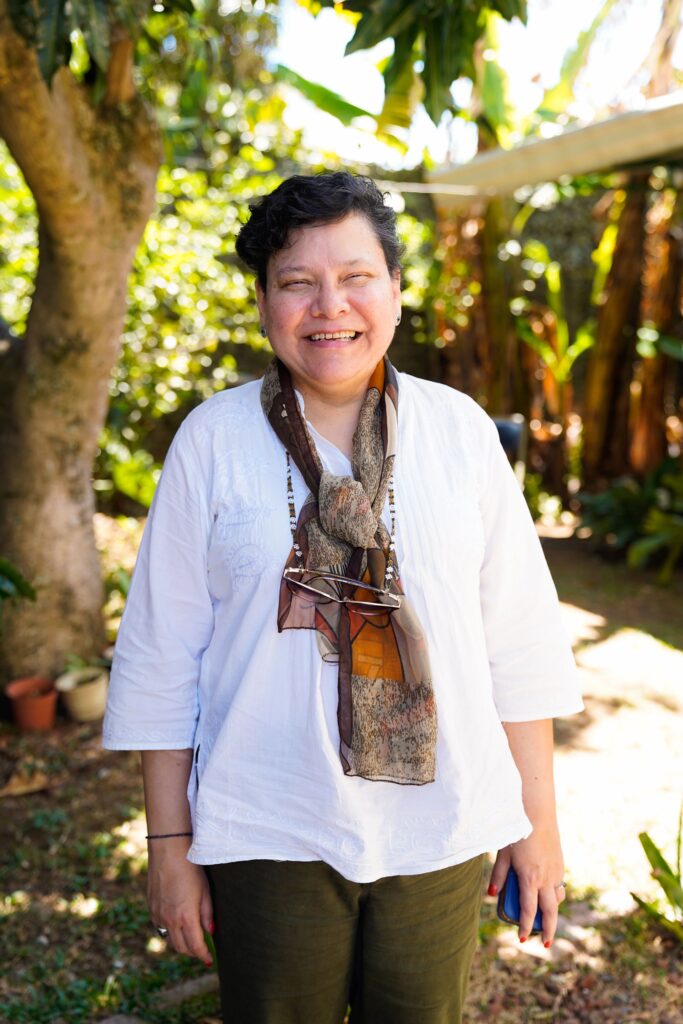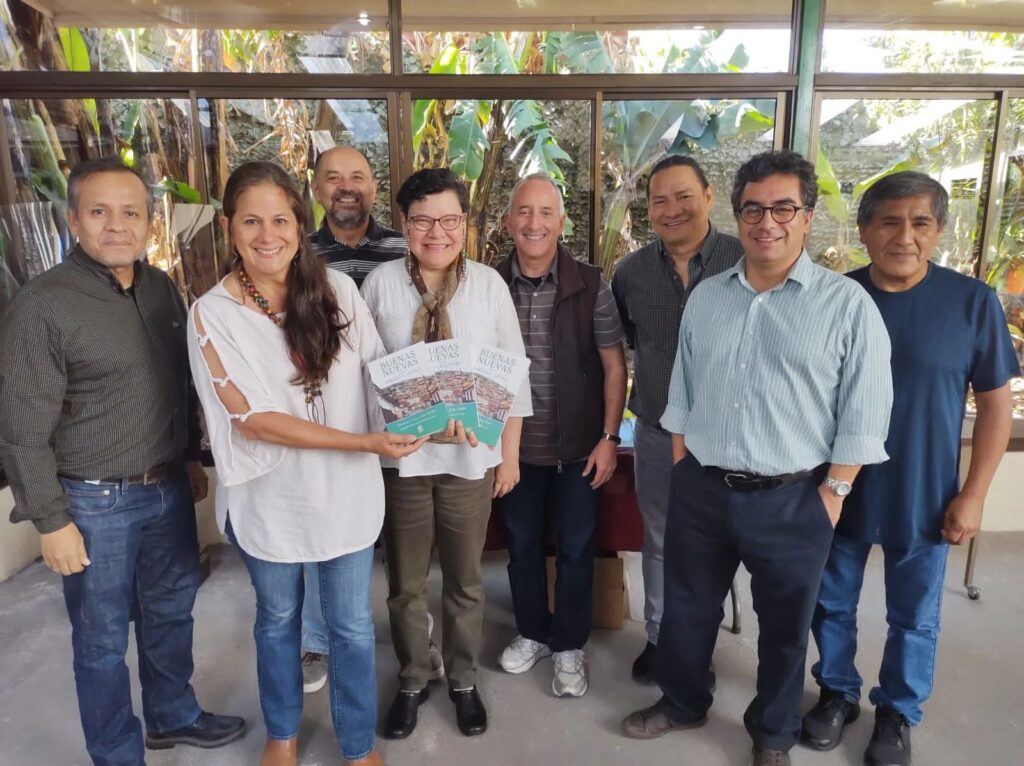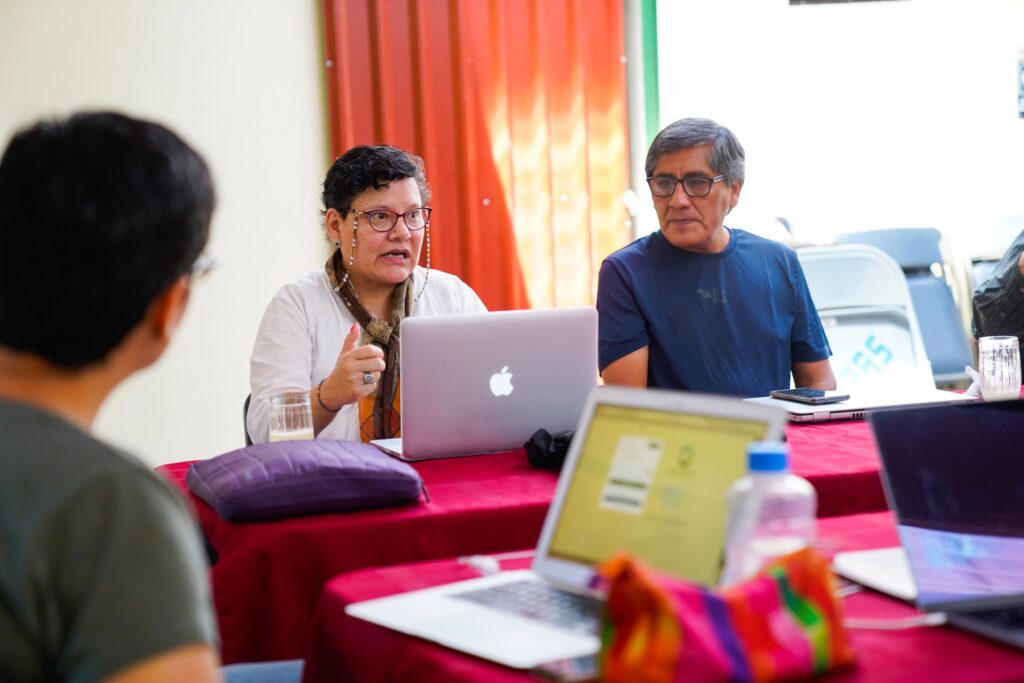Dinorah B. Méndez is a Langham Scholar who is working and ministering in her home country of Mexico. She is the director of Byblos Institute in Durango, Mexico, a centre of strategic biblical training for lay leaders.

Seeing the whole church equipped
Dinorah did her PhD at Oxford Centre for Mission Studies, UK on a split-site basis. This meant she did the majority of her study in Mexico and travelled to Oxford for annual study residencies. She graduated in 2006. Now she is pursuing her passion and having a multiplying impact on the church in Mexico.
She shares, “My passion is in theological education, in generally equipping pastors from different areas. I also like [equipping] laypeople, because all of us as the Christian Church need different members – not just pastors.”
For the Church to grow and mature in Latin America, Dinorah recognises the need for all people to be trained.
She says, “Laypeople are very important to equip because they contribute to the mission of the church. Not only inside the church but outside the church, wherever they work or study or wherever are their activities, they can impact and they can share the Gospel with their neighbours and [fellow] workers. So I think the impact of laypeople is very important.”
The power of contextualising the Bible
As well as being a scholar and teacher, Dinorah is also an author. A major project she was involved in that has made a huge impact in her region is the Latin American Bible Commentary.
This commentary was published in 2019 and was commissioned and coordinated by Langham. It involved the contributions of over 40 Latin American scholars, writers and Christian leaders – Dinorah being one of them!

She shares, “It’s an amazing product to present before Latin America’s evangelical churches, pastors, and seminary students because I believe it is really contextual. It’s based on our own experiences and how the Bible is applied to our own problems.”
Dinorah sees the commentary working in the lives of pastors and laypeople throughout the broader local church. One story she shares is about a student of hers who is now training laypeople in their own ministry.
Dinorah explains, “I have one specific testimony of one of my former students. He’s now in an ethnic region in the southern part of Mexico in Oaxaca. And he is also starting a kind of work like I have…in biblical training for lay people. He’s working in Oaxaca, recruiting new students, new laypeople and training them. And he mentioned specifically that he was happy to find the Comentario Biblico Contemporaneo (Latin American Bible Commentary) because he finds it very useful and contextual to the Latino-American situation, to his own preaching, but also to share with their students in the centre that he started.”

In Mexico they receive a lot of literature, but the Latin American Bible Commentary (or Comentario Biblico Contemporaneo in Spanish), was groundbreaking for its contextualisation. Unlike other resources that share examples and applications from the Western world or other places in the Majority World, this commentary is about the countries of Latin America and their particular challenges!
Dinorah shares an example from her context in Mexico saying, “It is a country with a big problem of corruption and a big problem of inequity. So this biblical commentary is speaking about these concrete troubles. Concrete problems are valuable because it’s not speaking in theory. It’s speaking to real situations that our churches and believers are confronting every day.”
Learn more about the Comentario Bíblico Contemporáneo here.
This article was written by Ngaire Buckley, Langham Partnership Australia.
